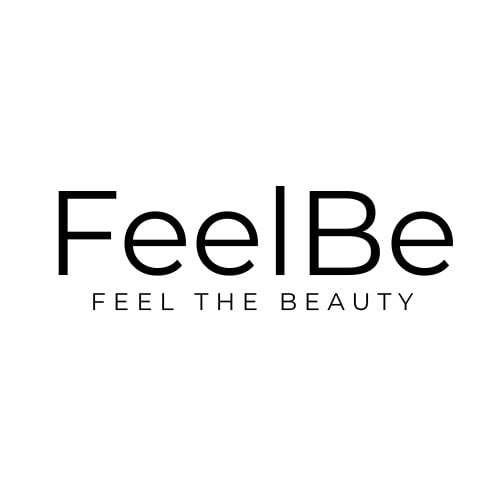Natural After Shaving Cream | Men 50ml/1.7FL.OZ.
Dr. Dabour ☆ Natural Cosmetics
Moisturizing after shaving cream provides comfort, relaxation and freshness for several hours in a row. Delicate cream based on natural herbal extracts nourishes, calms redness and reduces skin sensitivity. Dr. Dabour natural cream with a refreshing masculine fragrance is easily absorbed and suitable for all skin types.
- Provides anti-inflammatory & antiseptic effects
- Penetrates deep into the skin leaving it immediately hydrated
- The formula is gentle and non-comedogenic, suitable for all skin types.
Secured and trusted checkout with

Product Description
Moisturizing after shaving cream provides comfort, relaxation and freshness for several hours in a row. Dr. Dabour delicate cream based on natural herbal extracts nourishes, calms redness and reduces skin sensitivity. With daily use of cream smoothes skin texture and helps prevent the signs of aging. Natural cream with a refreshing masculine fragrance is easily absorbed and suitable for all skin types.
How to Use: After shaving, apply the Dr. Dabour natural cream to clean skin and rub gently massaging until completely absorbed.
| Series | Men |
|---|---|
| Series description | Natural products that are specially adapted to male skin, cleanse it without creating additional irritations, work to soothe and restore moisture. |
| Skin Type | All Skin Types |
| Gender | Male |
| Age Group | 21-35, 35-55, 55-65, 65 and up |
| Product Type | Cream |
| Active components | Natural oils: olive, jojoba, castor, avocado, wheat germ, sweet almond, evening primrose and shea nut. Extracts of olive leaves, orchid, lavender, rosemary, peppermint, sage, kelp, apple, grapefruit, soy, vitamin E. |
| Ingredients (INCI) | Purified Aqua, Olea Europaea (Olive) Oil, Butyrospermum Parkii (Shea) Butter, Buxus Chinensis (Jojoba) Oil, Cetearyl Alcohol & Cetearyl Glucoside, Orchis Mascula (Salep) Flower Extract, Olea Europaea (Olive) Leaves Extract, Prunus Amygdalus Dulcis (Sweet Almond) Oil, Squalane Fucus Vesiculosus (Bladderwrack) Extract & Prunus Malus (Apple) Fruit Extract & Citrus Grandis (Grapefruit) Fruit Extract, Glycine Soja Seed Extract & Alanine & Arginine, Tocopherol (Vitamin E), Evening Primrose (Oenothera Biennis) Oil, Polystyrene & Fucus Vesiculosus (Bladderwrack)Extract & Prunus Malus (Apple) Fruit Extract & Citrus Grandis (Grapefruit) Fruit Extract, Potassium Sorbate, Fragrance, Salvia Officinalis (Sage) Leaf Extract, Mentha Ppiperita (Peppermint) Leaf Extract, Lavandula Angustifolia (Lavender) Extract, Rosmarinus Officinalis (Rosemary) Leaf Extract. |
| Features | SLS Free, Paraben-Free, Contains Vitamins, Alcohol-Free, Mineral Oil Free |
| Skin problem | Skin Rejuvenation |
| Volume | 50 ml |
| Manufacturer | Dr. Dabour |
Reviews (1)
- I have very sensitive skin and this has been a game changer for me!I have very sensitive skin and this has been a game changer for me!on
Delivery & Returns
Estimate Shipping Cost

Delivery & Returns
To see our available delivery options please Click here
If I'm not completely happy with my item?
Please see our returns policy.
*points earned on final checkout price, after any applied discounts.
Product Questions (5)



















Login and Registration Form